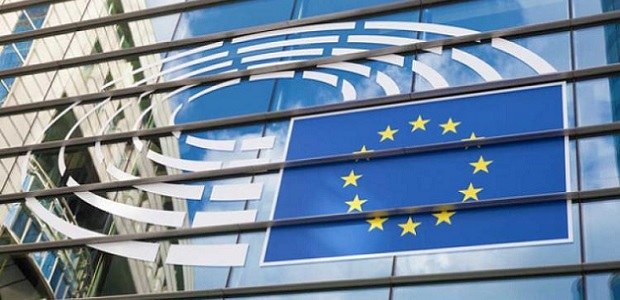European Commission: retailers will be able to choose the best processor for their card transactions starting with 7 February 2018

The European Commission has issued new requirements that ensure independence of payment card schemes and processing entities, to enhance competition in the card payment market. Retailers will be able to choose the most suitable processor for their card transactions, to the benefit of consumers.
Commissioner Margrethe Vestager, in charge of competition policy, said: „Many consumers use payment cards every day in shops or online. The Interchange Fee Regulation has capped fees charged by the banks for these card payments, which are ultimately paid by consumers. The new rules will bring more competition to the processing of card payments, which should further reduce costs to the benefit of consumers and retailers.”
When a consumer pays with a card in a shop or online, the transaction needs to be processed for the payment to be transferred to the shop’s bank account. This service is carried out by processing companies, which manage the necessary communication and IT processes for the payment to be finalised. Payment card schemes often provide their own services for the processing of payment transactions and therefore compete with many other independent companies that also provide the same processing services.
Under the 2015 Interchange Fee Regulation card schemes must ensure the independence of their own processing activities from the rest of their operations. This prevents card schemes from favouring their own processing entities over competing processing entities, and from bundling processing services with other services that the card schemes offer.
To ensure the independence of processing activities within card schemes, the new rules introduce detailed requirements concerning the separation of certain functions, which enter into effect on 7 February 2018. This includes limits on information exchange, as well as separate profit and loss accounts, separate corporate organisation (workspaces, management and staff) and separate decision-making.
As a result of this separation, retailers will be able to choose the best processor for their card transactions, while consumers benefit from reduced processing costs in their daily payments in shops, restaurants, on-line or via a growing range of card-based mobile payment applications.
Source: European Commission
Dariusz Mazurkiewicz – CEO at BLIK Polish Payment Standard
Banking 4.0 – „how was the experience for you”
„To be honest I think that Sinaia, your conference, is much better then Davos.”
Many more interesting quotes in the video below:









